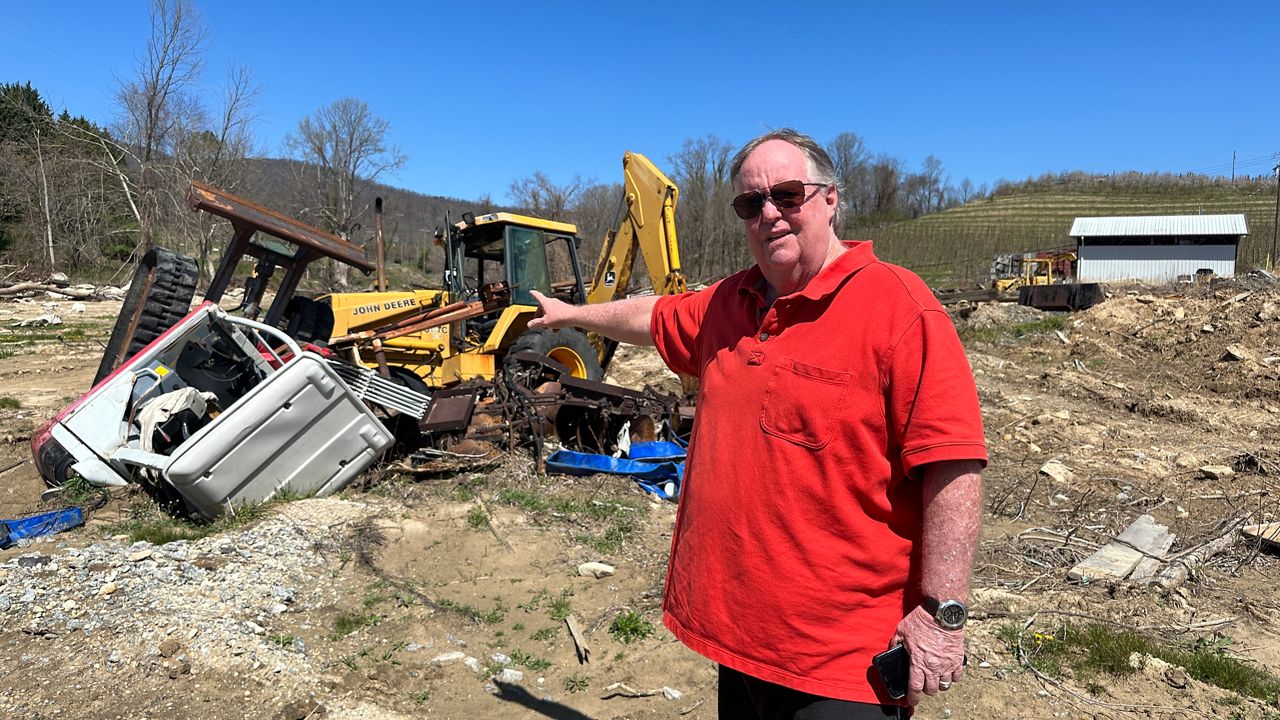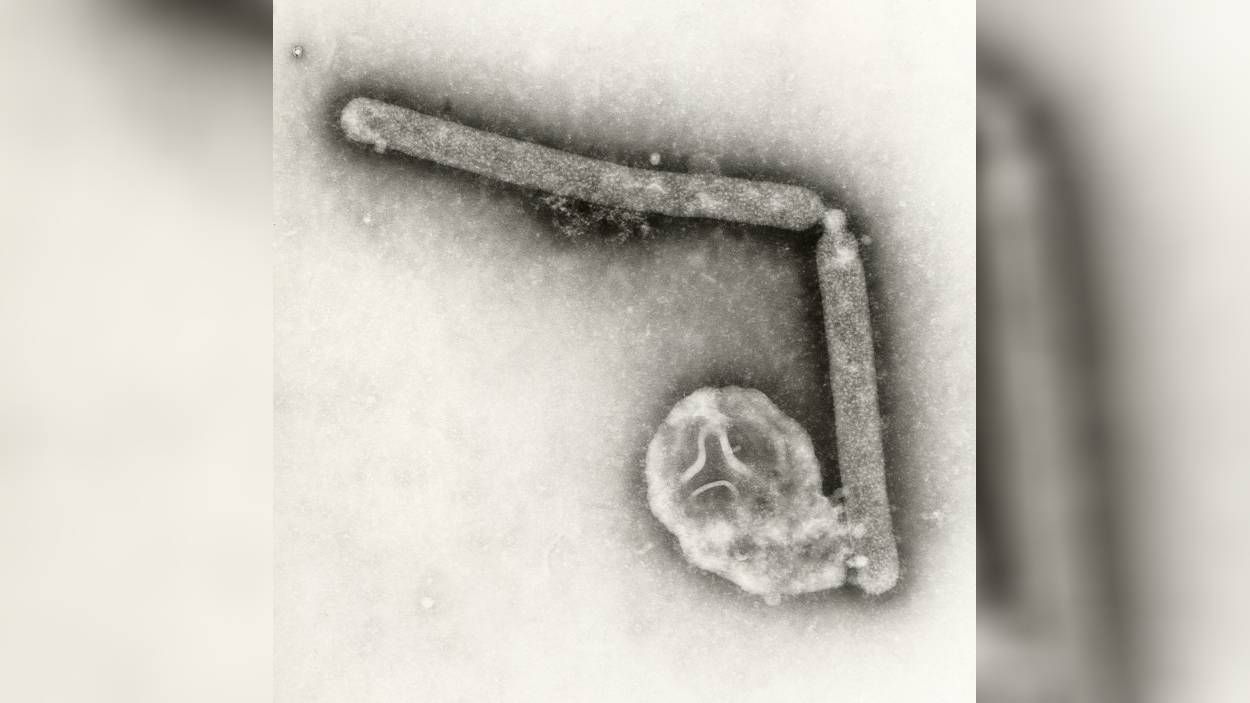HENDERSON COUNTY, N.C. — Helene’s impact is still being felt in western North Carolina, as cleanup efforts continue six months later. One farmer is up against the clock when it comes to getting crops planted, all while navigating ongoing cleanup efforts on the farm.
"I had never experienced any. I don't think, anybody here had experienced anything to this magnitude before,” Linda Pryor, owner of Hilltop Farms WNC LLC, said.
Pryor is reflecting on what has happened since Helene hit last fall.
"There's some times that it feels like it just happened and feels very new and very fresh. And there's some times that it feels like it's been a much longer than six months,” Pryor said.
Pryor is the owner of Hilltop Farms, with operations in Henderson and Transylvania counties. Her farm in Edneyville took the hardest hit.
"And I think just realizing, you know, in the beginning, I was upset, of course, and kind of disappointed and down about it. But now we have a new normal and people will ask me all the time, are you back to normal? No, we're not back to normal. But we're new normal, and we're learning to adjust to new normal and new normal right now means still cleaning up every day," Pryor said.
She said the first two days after the storm they didn’t realize the severity of the damage to the farm and surrounding areas due to limited internet and cell service.
"And I remember telling my husband in the very beginning, it can't be that bad, because if it were, there would be, you know, emergency services, people all around and all of this going on. Little did we know at the time that the reason, that there wasn’t, that was because it was so bad that those people couldn't access the area," Pryor said.
She says as the days and hours went by they were able to grasp the damage done on her farm that primarily grows apples and grain corn and raises beef cattle. The business took a huge hit.
“Best estimate is between $750,000 and $1 million between what crop loss we had and land damage and cleanup costs. So everything total, that's what we're looking at," Pryor said.
That’s a rough estimate she said because they’re still actively cleaning daily and finding items that washed up on her farm.
"We have found multiple hot tubs and lots of round bales of hay and lots of posts and baseball bats and kids toys and lawn chairs and pretty much anything that you can imagine. We have found it," Pryor said.
It’s takes them physically walking every acre to pick those things up
"Because when we plant, those things would hurt our planter. And then when it's time to pick the corn, those things would hurt our equipment," Pryor said.
All of that cleanup, along with salvaging what they could from last year's crop, has put the farm behind and now racing to get crops planted so they don’t miss out on another season.
"It was the end of September when this happened. And where you usually picking through the end of October. So we were about almost halfway that little short of halfway done. And so the apples that were left, we have very strict food safety rules, which are very important to follow," Pryor said.
And the water they use to grow the apples needed to be tested for contamination as a part of those food safety rules.
"So if the water reached high enough that it was to the bottom branches where there was fruit hanging, then we couldn't harvest that tree. And we had some areas where it was several feet up into the tree, over my head, into the tree. And so those were a total loss. We couldn't harvest those," Pryor said.
Now, they’re preparing corn for the upcoming planting season, while also readying for apple growing season.
“It's hard, hard to be patient. It's impossible to be patient, actually, because you can miss out. And we've had to make the very difficult decision that there are some areas that can't be repaired right now. We have one block of orchard that, we will not tend this year," Pryor said.










